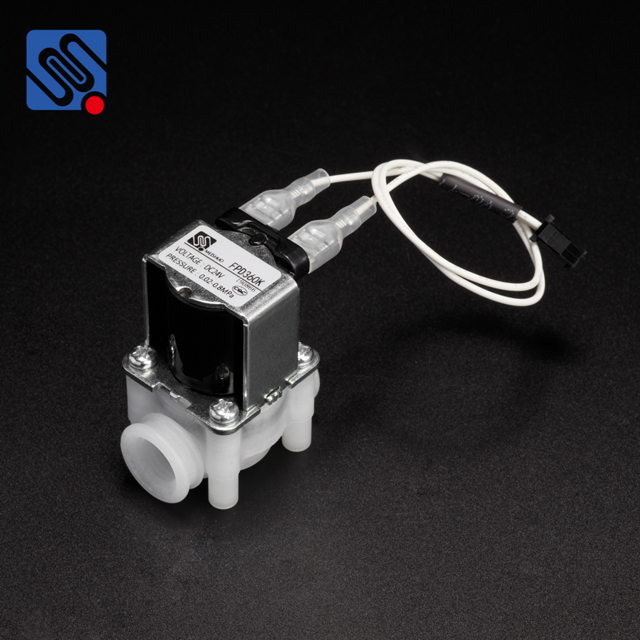water treatment system solenoid valve: a vital component in modern water management
Release time:2025-11-19 12:36:30
Water treatment systems are essential for providing clean, safe drinking water and managing wastewater effectively. Within these systems, solenoid valves play a crucial role in automating and controlling the flow of water and chemicals, ensuring optimal performance in various stages of treatment. The Water Treatment System Solenoid Valve is a vital component that contributes to the efficiency, reliability, and precision of water treatment processes.

What is a Solenoid Valve? A solenoid valve is an electrically operated valve that controls the flow of water or other fluids through a system. The operation of the valve is based on the principle of electromagnetism. When an electrical current passes through a solenoid coil, it generates a magnetic field, causing a plunger or diaphragm to move and open or close the valve. This simple mechanism allows for precise and automated control of water flow, making it ideal for use in water treatment systems. The Role of Solenoid Valves in Water Treatment Water treatment involves various processes, such as filtration, chemical dosing, disinfection, and distribution. Each of these processes requires precise control over the water flow. Solenoid valves are integrated into these systems to automate flow regulation, reducing the need for manual intervention and ensuring that the system operates efficiently and safely.

